Thursday 24th Sep 2020 @ 6:30 pm
Zoom

We didn’t let COVID crush us! We didn’t let lockdown get us down! Over 250 people registered for the ISCAST 2020 Conversations from September through December. You can now find all the conversations online.
This year has been extraordinarily difficult sometimes even verging on the bizarre. While some of us have filled these endless hours working and teaching our kids, others have felt a sense of disconnectedness, been lonely and without purpose. What better way to fight the COVID blues than by joining the ISCAST 2020 conversations series?
Every week through to mid-December, ISCAST hosted a presentation followed by a discussion forum on a variety of topics such as vaccinations, medical ethics, the economy during COVID, species triage, science as art, interpreting Genesis …
The conversations are now online here on YouTube.
ISCAST 2020 Conversation #1
This conversation took place on Thursday September 24. It is available to watch on YouTube here.
Dr Andrew Sloane
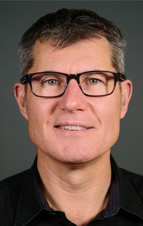 The COVID-19 pandemic has raised many complex issues in medicine and public health, politics and the economy, work, life and relationships, and even how we find rest and relaxation in a time of stress. And it has thrown many equally complex moral dilemmas our way.
The COVID-19 pandemic has raised many complex issues in medicine and public health, politics and the economy, work, life and relationships, and even how we find rest and relaxation in a time of stress. And it has thrown many equally complex moral dilemmas our way.
- How do we balance risk to vulnerable people from the virus and from lockdown?
- How do we recover and balance public health and economic fall-out?
- For health-care workers, how do we figure out who should get scarce treatments and who has to miss out?
- And then how do we cope with the consequences of decisions we are forced to make, and the mistakes we might make and wrongs we might commit in the process?
For some of us, we must wrestle with such consequences with or without a pandemic. We face the prospect—or current experience—of moral distress and even moral injury.
This first of the ISCAST 2020 Conversations aims to help us understand moral distress and moral injury, what might prompt it, and how we can help others—or yourself—deal with it.
Dr Andrew Sloane is trained in both medicine and theology. He has written on theology, medicine, and intellectual disability, and lectures at Morling College in Sydney. He is a fellow of ISCAST.
ISCAST 2020 CONVERSATION #2
This conversation took place on Thursday October 1. It is now available to watch on YouTube here.
Understanding the Recession and Its Aftermath
Professor Ian Harper
 What exactly is a recession and what does it mean for people’s everyday lives? Is there anything different about this recession compared with earlier episodes like the Great Depression? How long might we expect it to last and can anything be done to speed up our recovery? Will things be different when we do recover or do we just go back to where we were? These are some of the questions Ian will address in this ISCAST conversation. You might have other questions to add to the list so please join us for the conversation!
What exactly is a recession and what does it mean for people’s everyday lives? Is there anything different about this recession compared with earlier episodes like the Great Depression? How long might we expect it to last and can anything be done to speed up our recovery? Will things be different when we do recover or do we just go back to where we were? These are some of the questions Ian will address in this ISCAST conversation. You might have other questions to add to the list so please join us for the conversation!
Professor Ian Harper is Dean and Director of the Melbourne Business School and a member of the Board of the Reserve Bank of Australia. He is a professional economist best known for his work in public policy. He is also a fellow of ISCAST.
ISCAST 2020 Conversation #3
This conversation took place on Thursday October 8. It is now available to watch on YouTube here.
Conflict of Authority: Science, Faith and the Pandemic
Dr Nicola Hoggard Creegan
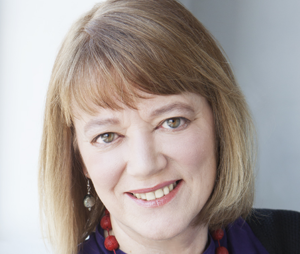
The pandemic has brought our crises of authority into sharp relief. In this conversation I look at what counts as evidence, and what counts as an authority. There has been a fraught relationship between politicians, the public and science experts in the last six months. Covid 19 has been just lethal enough to undermine our way of life, but not so lethal that there is no room for all manner of denial and conspiracy.
In most countries (apart from our own) politicians have not fully grasped its seriousness until too late, undermining their authority, and sometimes that of science as well. And in all countries conspiracy theories have exploded out of control, making the irrational seem plausible. At the same time, scientists have also sometimes compounded the problem with their very strict definitions of evidence. Masks, for instance, were “known” to be useful in Hong Kong and Korea, but until a different very closely defined “evidence” emerged in the West they were discouraged, even though their adoption earlier would have been harmless at worst.
On the one hand, the science has been brilliant, decoding the DNA of the virus astonishingly quickly; on the other hand science is sometimes too cautious, too disparaging of common sense or of cheap and harmless remedies which might help, but for which their is not yet hard evidence. This raises the question of evidence in faith. While science increasingly discounts ordinary experience, religion requires that we listen to our experience of faith and take note. How do we live coherently in this world, taking scientific evidence very seriously, but being open to other forms of evidence and criteria, including the first person narrative, as we must if we are persons of faith?
Dr Nicola Hoggard Creegan is a theologian based in Auckland. She specialises in the interface between evolutionary theory and systematic theology and has broad interests in all issues of public and contextual theology, and especially eco-theology. She wrote Animal Suffering and the Problem of Evil (OUP, 2013), and co-edited Creation and Hope with Andrew Shepherd (Wipf & Stock, 2018). Nicola is co-director of New Zealand Christians in Science, and is a chaplain at Maclaurin Chapel at the University of Auckland.
ISCAST 2020 Conversation #4
This conversation took place on Thursday October 15. The 30-minute film is available to watch here and the discussion following the film is available to watch here.
Astronomical! Why Is There Something Rather than Nothing?
Rev. Dr Grenville Kent
 “I didn’t see God up there.” Did first-man-off-the-planet Uri Gagarin really say that? As space research progresses, we see more and more ways that Earth seems fine-tuned for human life, right down to fundamental constants of physics. Does this suggest a Mind that is, well, astronomical? (And while we’re at it, why is there anything at all?) Join us to watch the film Astronomical! which explores the very big question “Why is there something rather than nothing?” Grenville and his son Marcus travel the world to find answers and along the way we hear views from popular New Atheist, Prof. Lawrence Krauss and Christian, research scientist and engineer, Dr Leslie Wickman.
“I didn’t see God up there.” Did first-man-off-the-planet Uri Gagarin really say that? As space research progresses, we see more and more ways that Earth seems fine-tuned for human life, right down to fundamental constants of physics. Does this suggest a Mind that is, well, astronomical? (And while we’re at it, why is there anything at all?) Join us to watch the film Astronomical! which explores the very big question “Why is there something rather than nothing?” Grenville and his son Marcus travel the world to find answers and along the way we hear views from popular New Atheist, Prof. Lawrence Krauss and Christian, research scientist and engineer, Dr Leslie Wickman.
Following the short film we will converse with Grenville and there will be an opportunity for Q&A.
ISCAST 2020 Conversation #5
This conversation took place on Thursday October 22. It is now available to watch on YouTube here.
Cultivating Connection Through Chaos
Associate Professor Peggy Kern
 As human beings, we have a deep need to connect with others. Positive social relationships play a key role in in helping us feel and function well. Yet the seeming chaos and uncertainty of 2020 has meant that many of us are struggling to feel connected with ourselves, with other people, and with the world. Opportunities for seeing other people have been limited through lockdown and isolation. Even those who live with others can feel deeply alone or experience stress and frustration with their family. This session will explore what both research and Christianity have to say about social relationships, providing ideas on how to creatively cultivate connection despite the chaos of life.
As human beings, we have a deep need to connect with others. Positive social relationships play a key role in in helping us feel and function well. Yet the seeming chaos and uncertainty of 2020 has meant that many of us are struggling to feel connected with ourselves, with other people, and with the world. Opportunities for seeing other people have been limited through lockdown and isolation. Even those who live with others can feel deeply alone or experience stress and frustration with their family. This session will explore what both research and Christianity have to say about social relationships, providing ideas on how to creatively cultivate connection despite the chaos of life.
Associate Professor Peggy Kern is a researcher at The University of Melbourne. Her research examines who thrives in life and why, including understanding and measuring healthy functioning, identifying individual and social factors impacting life trajectories, and systems informed approaches to wellbeing.
ISCAST 2020 CONVERSATION #6
This conversation took place on Thursday October 29. It is now available to watch here on YouTube.
Uncovering the Finest Artworks in Creation through Microscopy
Dr Caleb Dawson
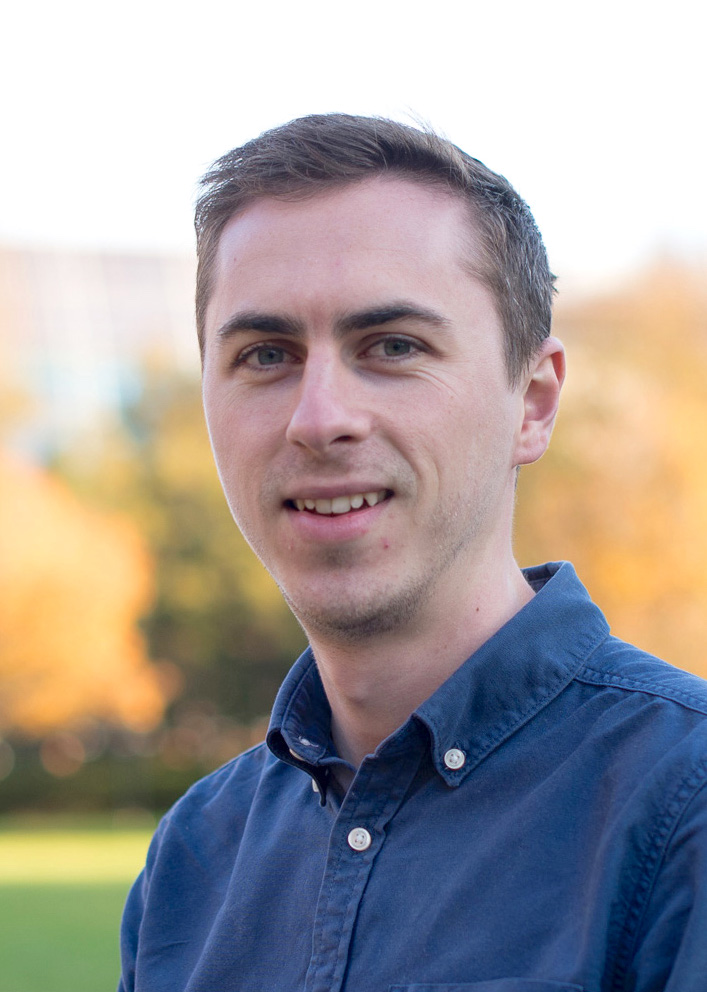 “How do you feel when you look at the vast night sky? A sense of wonder and the power of God? These are the feelings I get when looking down the microscope.” Caleb Dawson surveys science and faith through the lens of 3D fluorescence microscopy. In this ISCAST Conversation, Caleb will share some of his photos and talk about how he came to be a scientist and how his faith and work intersect. His research reveals stunning, alien landscapes within our bodies and also helps to understand breast disease. Caleb shares his microscopy online (calebadawson.com) to show people hidden artworks that they wouldn’t normally see. Through this, he hopes that people will wonder at how microscopic life is so incredible and whether there is a God behind it all.
“How do you feel when you look at the vast night sky? A sense of wonder and the power of God? These are the feelings I get when looking down the microscope.” Caleb Dawson surveys science and faith through the lens of 3D fluorescence microscopy. In this ISCAST Conversation, Caleb will share some of his photos and talk about how he came to be a scientist and how his faith and work intersect. His research reveals stunning, alien landscapes within our bodies and also helps to understand breast disease. Caleb shares his microscopy online (calebadawson.com) to show people hidden artworks that they wouldn’t normally see. Through this, he hopes that people will wonder at how microscopic life is so incredible and whether there is a God behind it all.
Dr Caleb Dawson is a medical researcher who uses 3D fluorescence microscopy to study the behaviour of cells in breast cancer and the immune system. He recently completed his PhD at the Walter and Eliza Hall Institute in Melbourne, where he identified new immune cells that maintain the health of breast ducts. He is currently undertaking postdoctoral work in cancer immunology. Caleb is inspired by his faith in a good and loving creator whose character can be clearly seen in what he has made. For him, microscopy provides an opportunity to peer into the tiniest and most magnificent workings of God’s creation. Caleb and his work are featured here on the ABC website.
ISCAST 2020 CONVERSATION #7
This conversation took place on Thursday November 5. It is now available to watch here on YouTube.
If God Is Speaking to Us About the Planet’s Future Through Our Young People, Do We Have Ears to Hear?
Professor Mike Clarke
 The direction our planet appears to be heading has galvanised young people around the world in a call for action on climate change from our nations’ leaders. The prophet Joel wrote that God would “pour out the Spirit on all people. Your sons and daughters will prophesy, your old men will dream dreams, your young men will see visions.” In this talk I’ll explore the challenge of discerning a faithful path forward as a Christian and an ecologist who has spent his professional life trying to understand and care for God’s creation. As an older person, am I listening, vision-impaired or just dreaming?
The direction our planet appears to be heading has galvanised young people around the world in a call for action on climate change from our nations’ leaders. The prophet Joel wrote that God would “pour out the Spirit on all people. Your sons and daughters will prophesy, your old men will dream dreams, your young men will see visions.” In this talk I’ll explore the challenge of discerning a faithful path forward as a Christian and an ecologist who has spent his professional life trying to understand and care for God’s creation. As an older person, am I listening, vision-impaired or just dreaming?
Professor Mike Clarke is a researcher in the Department of Ecology, Environment and Evolution at La Trobe University and for seven years served as the Head of the School of Life Sciences. In 2010 Mike was involved with the Victorian Bushfires Royal Commission as an expert witness in fire ecology.
ISCAST 2020 CONVERSATION #8
This conversation took place on Wednesday November 11. It is now available to watch here on YouTube.
Lament and Mourning: Christian Love in a Broken World
Katherine Shields and Christine Gobius
God loves the world: How do we love the world in the most broken places and times? The gospel of Jesus Christ brings good news to the poor, freedom to the oppressed, healing of the sick and demonstrates God’s love for the whole world. When the world is hurting, love takes action. And often this sacrificial love in action can feel overwhelming.
 “There may be tears before the day is over. I will almost certainly be frustrated and even angry at what feels like unnecessary suffering as I discover, yet again, all the oxygen cylinders are empty, or there are no IV fluids left in the pharmacy. However, if I allow myself to sit with these families and their precious children in their struggles, perhaps something of the aroma of our Father will inhabit that moment.” – Interserve worker Central Asia.
“There may be tears before the day is over. I will almost certainly be frustrated and even angry at what feels like unnecessary suffering as I discover, yet again, all the oxygen cylinders are empty, or there are no IV fluids left in the pharmacy. However, if I allow myself to sit with these families and their precious children in their struggles, perhaps something of the aroma of our Father will inhabit that moment.” – Interserve worker Central Asia.
So what do we do when we are called to love the world and that call is so big and so hard? As we journey with God into the depths of our grief and pain and brokenness he is able to renew our hope and grow our compassion. Biblical hope is born in that place and enables us to love the world. Through mourning and lament we discover how deeply God loves the world.
Katherine has a background in marine science and conservation and is currently studying at Bible college. She works for Interserve Australia as a creation care advocate and youth worker. She says that God continues to patiently teach her about lament and hope.
Christine is currently the National Director of Interserve Australia. Christine’s experience of the Brisbane floods in 2011 led her to explore lament in the face of environmental disaster. Christine’s professional background includes a PhD in veterinary epidemiology, a Masters in Transformational Development and work in veterinary and human public health.
ISCAST 2020 CONVERSATION #9
This conversation took place on Thursday November 12. It is now available to watch here on YouTube.
The PowerPoint slides for the talk can be downloaded here.
Truth and Vested Interests – The Use and Abuse of Science

Ian Hore-Lacy
Peter Ridd was sacked from his position as Professor of Physics at James Cook University in 2018 after publicly criticising the academic findings of his colleagues. In this conversation, Ian will discuss the issue of truth-seeking (surely important to Christians) by starting with the Ridd case and relating it to discussions about the science of climate change and ionising radiation.
Ian Hore-Lacy is a former environmental scientist with interests in technical, ethical and theological aspects of mineral resources and nuclear power. He has written several books on mining, environmental, and economic issues, and on nuclear energy. Ian wants to see CO2 emissions reduced effectively and affordably. He is a Senior Advisor at the World Nuclear Association. He has commented on the Peter Ridd case here on the ISCAST site.
ISCAST 2020 Conversation #10
This conversation took place on Thursday November 19. It is now available to watch here on YouTube.
The Ethics of Vaccination and COVID-19
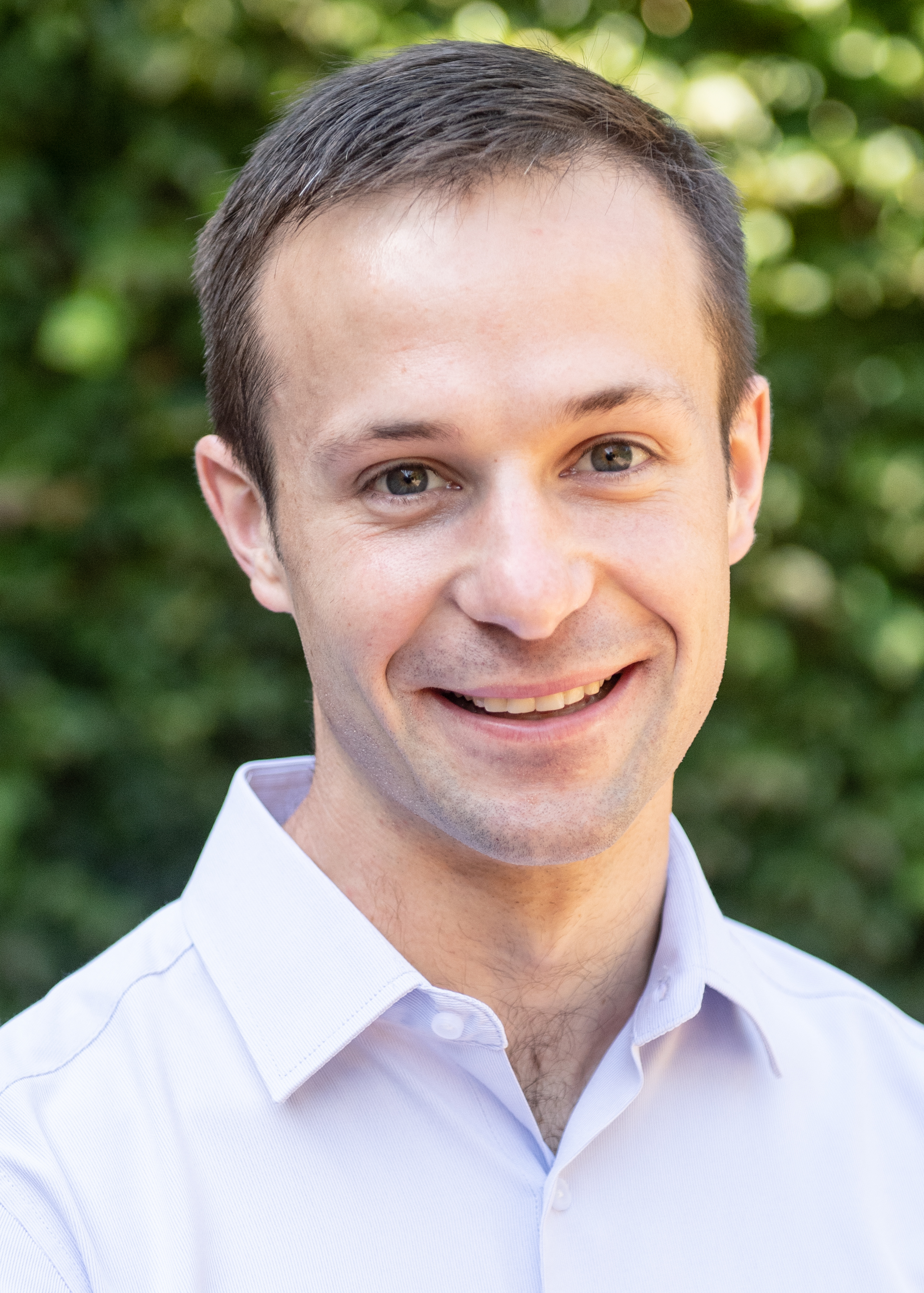
Dr Xavier Symons
Clinical trials for a COVID-19 vaccine are a beacon of hope for governments seeking a definitive exit strategy from the coronavirus pandemic. But rolling out a vaccine won’t be that simple. In this presentation, Xavier will discuss the ethics of vaccination, focusing in particular on the ethical distribution of vaccines under conditions of scarcity, as well as the ethics of compulsory vaccination. He’ll also touch on some of the ethical concerns surrounding vaccines developed using cell lines derived from abortal fetal tissue.
Xavier Symons is a Postdoctoral Research Fellow at the Plunkett Centre for Ethics, ACU, and 2020 Fulbright Future Postdoctoral Scholar. His recently completed PhD focused on the ethical allocation of prophylaxis and treatment in healthcare. He is a regular contributor to the media, and has appeared on ABC News and SBS as well as in the Sydney Morning Herald, The Guardian, The Australian Financial Review and ABC Religion and Ethics.
ISCAST 2020 CONVERSATION #11
This conversation took place on Thursday November 26. The video recording is available to ISCAST members and friends by email request to Sarah Wilson at: SarahWilson@ISCAST.org
COVID-19 and the International Development Program: When Fear Is Most To Be Feared
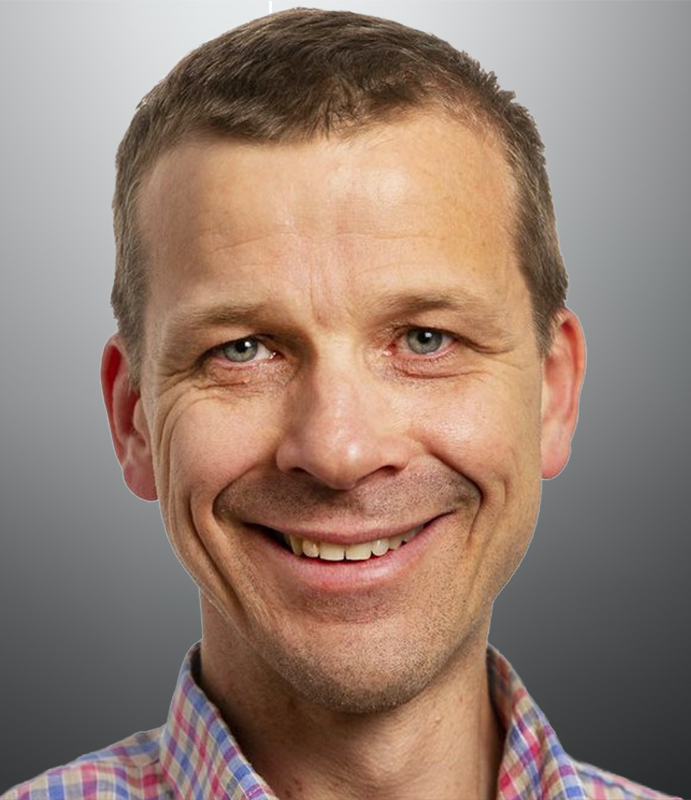
Associate Professor Nathan Grills
Are we there yet? Nathan will explore the impact of COVID-19 on low and middle income countries, with a focus on India. He will look at what COVID-19 means for future international health and development programs. Finally, we will think about what we can learn from the COVID experience.
Nathan Grills (MBBS, MPH, DPhil, DPH) is a Public Health Physician at the Nossal Institute for Global Health, University of Melbourne. He works on non-communicable diseases, public health, and disability, largely in the context of community settings in India. He has established a number of community health and development projects in rural India and has also undertaken community work in India, PNG, Fiji, Bangladesh, Nepal, Kenya, Thailand, and Mozambique. Nathan researches disability measurement and inclusion and has a personal experience of disability through caring for his 9-year-old daughter. In the past Nathan has extensively researched the role of FBOs in responding to HIV and disability.
ISCAST 2020 CONVERSATION #12
This conversation took place on Thursday 3rd December. It is now available to watch here on YouTube.
Christian Transhumanists: Carnivorous Vegans or the Church’s Destiny?
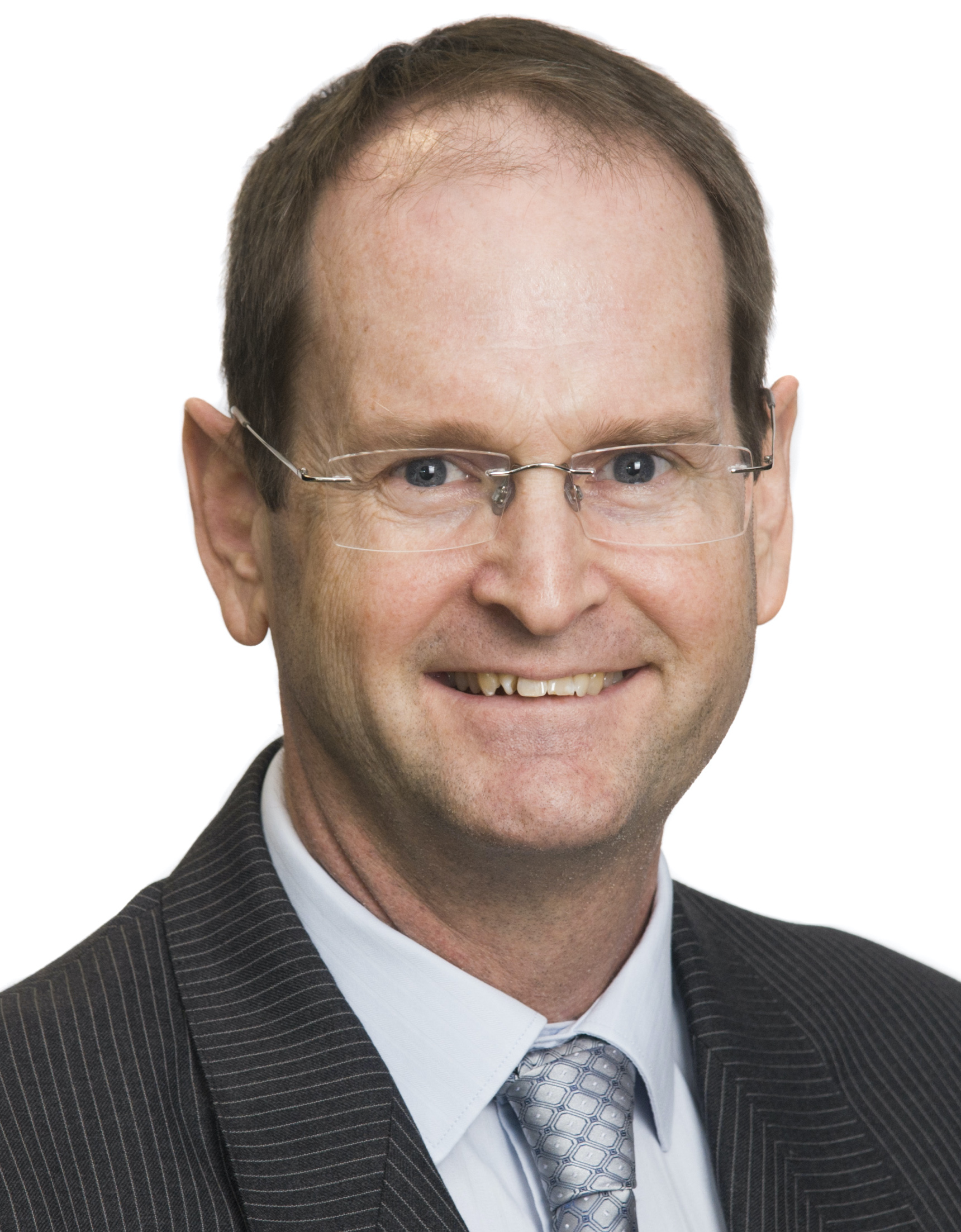
Jonathan Gunnell
Christianity is about transformation. It’s about changing the nature of humans from glory to glory, through the spiritual renewal, both here and now, as well as all conceivable future horizons. Transformation is an objective that is both profoundly human and profoundly divine.
Transformative technologies in 21st century will raise deep questions about human nature. As the lines between us and our technology blur, how is the gospel relevant? When age reversal becomes as commonplace as optometry, when brain-machine interfaces are as familiar as smartphones, and when we enhance our DNA to reduce tendencies to sin, what is a Christian response?
When Artificial General Intelligence appears that outperforms humans, and solves our deepest problems, guiding us into knowledge, what is the role of religion?
Are Christians doomed to be Amish spectators as secular society builds the future without us? Or can we take a leadership role to reshape the future for a society built on the principles of the Kingdom of God, harnessing the growth potential of a transformed traditional religion?
Jonathan Gunnell is an engineer working in major civil and mining infrastructure, currently at an innovation hub with emerging technologies. He has been a board member of the Christian Transhumanist Association since 2014, and attends Bardon Anglican Church in Brisbane. He is fluent in Spanish and most dialects of Christianese.
ISCAST 2020 CONVERSATION #13
This conversation too place on Thursday December 10th. It is now available to watch here on YouTube. Andrew’s presentation diagram can be found here.
Interpretation of the Creation Week of Genesis in the Church Fathers
Dr Andrew Brown

One of the Scripture passages that grew into a primary role in shaping the thinking of Christians in the first few centuries of the church’s life was the account of the six days of creation in Genesis 1. It acquired its own special name in this role, the ‘hexaemeron’, a name also applied in time to interpretive treatments of the passage. A generation of Christian thinkers schooled in the rhetoric, philosophy and reading strategies of their culture intuitively felt the importance of this vital opening passage of the Bible. That it introduced Christ and thus anchored Christian theology was not in doubt among orthodox Christians. But what it had to do existing ideas about the world, visible and invisible, ideas held by Platonists and Aristotelians, Stoics, Gnostics and mystics…that remained to be established. Could they prove that Genesis offered the most supreme philosophy of them all, or was it intended for something different?
Dr Andrew Brown teaches Old Testament at Melbourne School of Theology. His PhD (from the University of Queensland) in religious studies focussed on the long-range history of interpretation of the Genesis creation week. Andrew is interested in the interaction of science and religion.